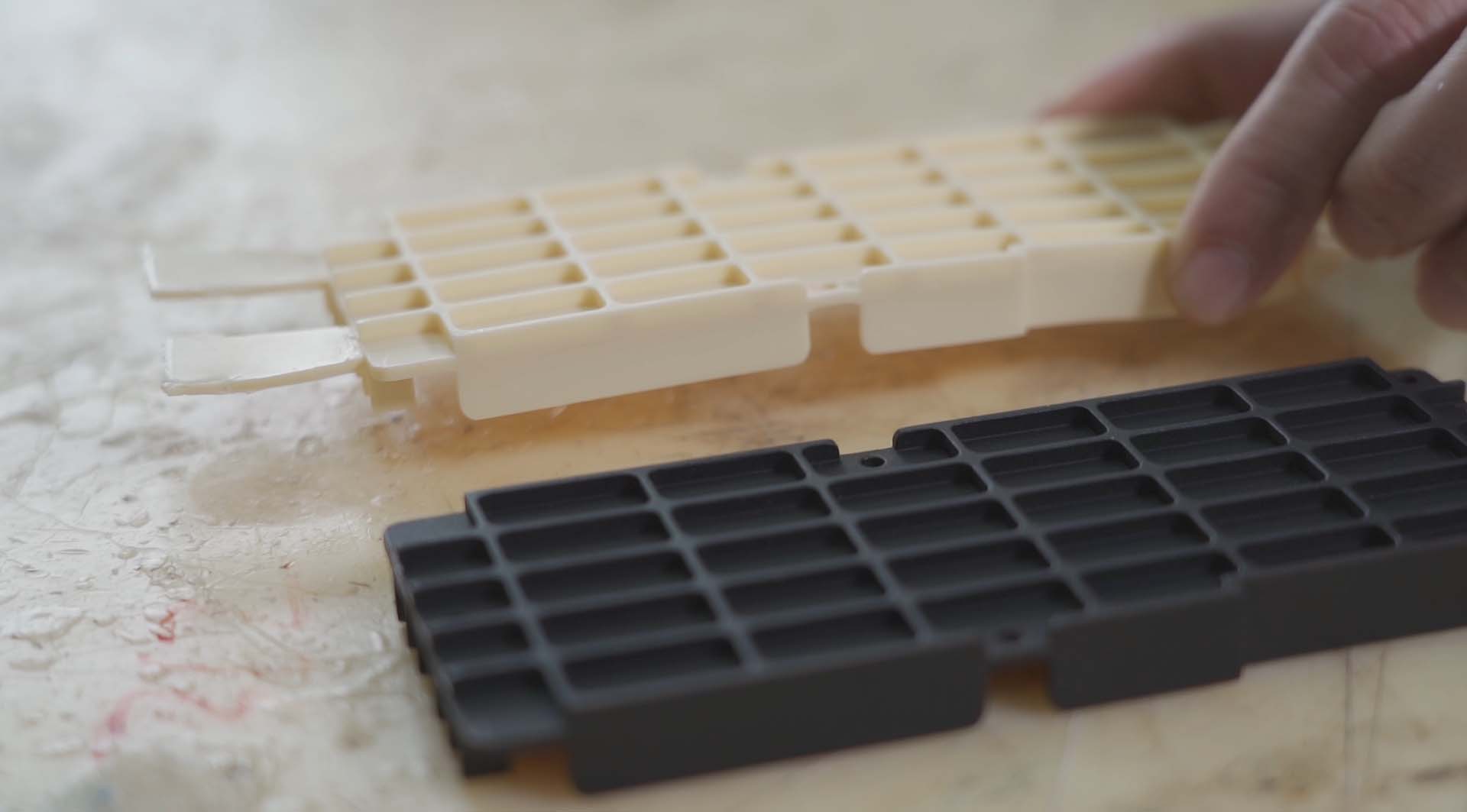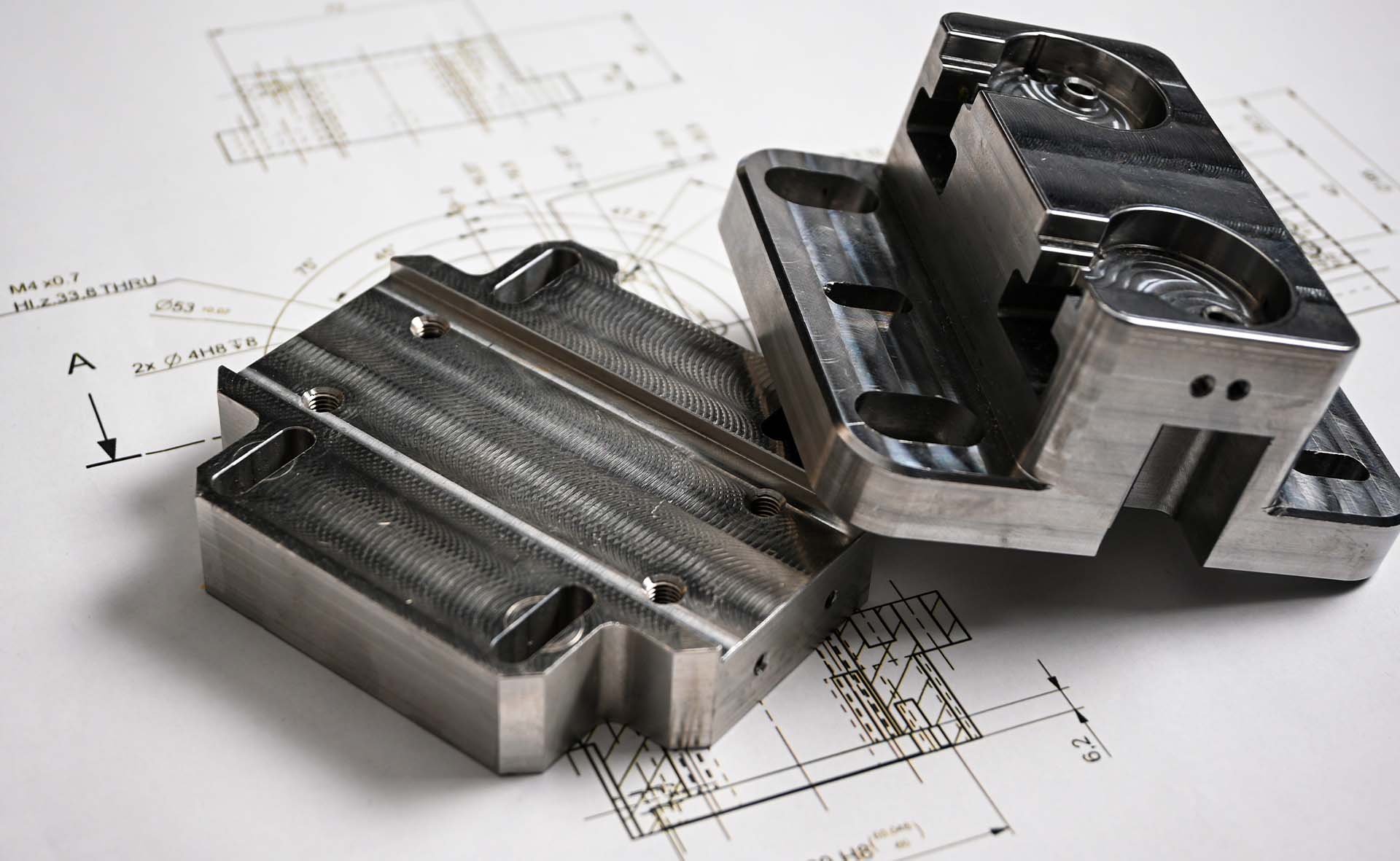Is the price that I received what is should be? Why does it cost that much? What factors can help lesson the cost? In this article, we will answer these questions.
Vacuum casting is a cost-effective method for making a small series of parts around 10 to 50 units. You can expect a urethane cost project to cost anywhere from a few hundred to a few thousand dollars. The price can vary significantly depending on the nature, size, and complexity of your project.
The vacuum casting process has a number of distinct steps including master model creation, mould creation, casting, curing and finishing. When you get a price or quote for your vacuum casting part most suppliers will give a quote for the master model cost, mould cost and part cost, just the mould cost + part cost, or the grand total.
Master model – this is required when the tooling is silicone, which is generally the case. First a master model is manufactured, often and increasingly via 3D printing but sometimes by hand, or CNC or other process. The master model must be processed to achieve a gloss or textured finish.

The cost of this master is basically the same as manufacturing a one off by whichever process is selected. For instance, for 3D printing it could be $x/g plus the cost of hand processing to achieve the desired finish. You can reduce costs at this stage by specifying which surfaces can be left rough and keeping the rest as simple as possible.
You can typically expect competitive vacuum cast moulds to cost between $200 and $1000, the price can vary significantly depending on the nature, size, complexity and manufacturing location. The mould cost is essentially the cost of the silicone material needed to encompass the part plus the labour costs needed to make it. Depending on the part, the quantity and lead time the moulds can be one or multi cavity.

In China there are two types of silicone, domestic and imported. The imported stuff is easy to spot as it is transparent, the China made silicone is a milky grey. The imported material is more robust, and produces a better quality of part in terms of accuracy and surface finish but it costs more. A Chinese silicone tool might be good for 10 parts in general, an imported silicone mold maybe up to 20.
These are the cast parts or the unit cost to make 1 piece. You can typically expect the per-unit price to range from $10 to $100. The cost is essentially made up of the part material costs plus the labour needed to cast and finish.

Materials are wide and varied with different PU materials representing different thermoplastics like ABS, nylon or PC like materials. There are a number of different brands international and Chinese and the prices are quite wide. Selecting the right type of material is important and depends on your requirements.
Based on the processes above, we can see that unlike automated processes such as 3D printing and CNC machining, there is a tremendous amount of manual work that goes into making a soft tool as well as the finishing. For this reason, soft tooling done domestically is often less competitive at prototype volumes than in countries like China.
Is urethane casting expensive? Depending on the quantity, vacuum casting is much less expensive than other rapid prototyping methods, such as CNC machining. When you want production parts in small batches of 20 to 100 pieces, urethane casting can also be much cheaper than plastic injection moulding, while achieving similar results.
Send us your 3D drawing and other project details, such as material, quantity, and surface finish, at info@hlhrapid.com or by submitting an enquiry on our site contact form to get a quote for your vacuum casting project.
